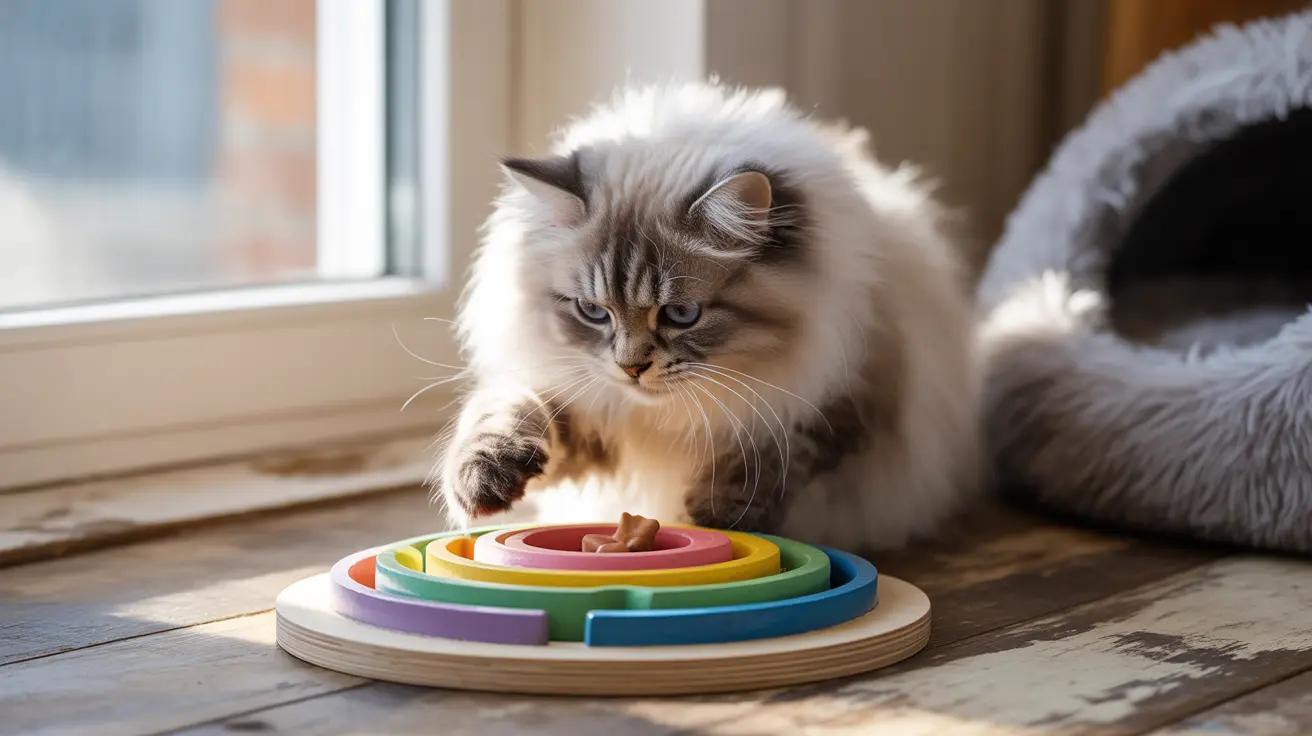Many potential pet owners are drawn to cats based on their reputation as low-maintenance pets. However, the reality of cat ownership involves more dedication, time, and attention than commonly believed. This comprehensive guide will explore the true maintenance requirements of cats and help you understand what it really takes to be a responsible cat owner.
While cats may not need daily walks like dogs, they have complex physical, emotional, and environmental needs that require consistent care and attention. Let's dive into what makes cats more high-maintenance than their stereotype suggests.
Daily Care Requirements: More Than Just Food and Water
Contrary to popular belief, cats require structured daily care routines. They need regular feeding schedules, fresh water, and clean litter boxes. Most veterinarians recommend scooping litter boxes at least once daily, with some cats requiring multiple cleanings to maintain proper hygiene.
A proper feeding schedule is crucial, as free-feeding can lead to obesity and related health issues. Many cats benefit from portion-controlled meals 2-3 times daily, requiring owner presence and attention.
Environmental Enrichment: A Critical Need
Indoor cats especially need a stimulating environment to maintain physical and mental health. This includes:
- Multiple scratching posts and surfaces
- Vertical spaces for climbing and perching
- Interactive toys and puzzle feeders
- Window access for environmental viewing
- Safe spaces for retreat and relaxation
Creating and maintaining these enrichment opportunities requires ongoing effort and investment from cat owners.
Social and Emotional Requirements
Despite their independent reputation, cats are social creatures that form strong bonds with their human families. They need daily interaction, playtime, and attention to prevent behavioral issues and maintain emotional well-being. Many cats experience separation anxiety when left alone for extended periods.
Health and Veterinary Care
Cats require regular veterinary care, including:
- Annual check-ups and vaccinations
- Dental care and cleaning
- Parasite prevention
- Weight monitoring
- Emergency care when needed
Additionally, cats often hide signs of illness, making it crucial for owners to pay close attention to subtle changes in behavior or routine.
Grooming and Maintenance
Even short-haired cats need regular grooming to maintain coat health and prevent hairballs. Long-haired breeds require daily brushing to prevent matting. Nail trimming, ear cleaning, and dental care are also essential regular maintenance tasks.
Financial Considerations
While cats might cost less in food than large dogs, their overall care expenses can be significant:
- Quality food and treats
- Regular veterinary care
- Grooming supplies
- Environmental enrichment items
- Emergency medical fund
- Pet insurance considerations
Frequently Asked Questions
Are cats really low maintenance compared to dogs, or do they need more daily care than people think?
Cats require different, but not necessarily less, maintenance than dogs. While they don't need walks, they need daily litter box maintenance, structured feeding, environmental enrichment, and social interaction. Their care requirements are substantial but different from dogs.
How often should I groom my cat to keep their coat healthy, especially for long-haired breeds?
Short-haired cats should be brushed at least weekly, while long-haired breeds need daily grooming. All cats benefit from regular nail trimming, ear checking, and dental care. Professional grooming may be necessary for some breeds.
What are the essential daily care tasks every cat owner should know to keep their cat happy and healthy?
Essential daily tasks include: cleaning the litter box, providing fresh food and water, spending time playing and interacting, checking for any behavioral changes, and maintaining environmental enrichment items.
Why is environmental enrichment and social interaction important for indoor cats?
Environmental enrichment prevents boredom, reduces stress, and allows cats to express natural behaviors like climbing, scratching, and hunting. Regular social interaction maintains emotional well-being and prevents behavioral issues.
What special health care and veterinary needs do cats require throughout their life?
Cats need annual wellness checks, regular vaccinations, dental care, parasite prevention, and weight monitoring. Senior cats may require more frequent check-ups and additional screenings for age-related conditions.
Conclusion
While cats may be marketed as low-maintenance pets, responsible cat ownership requires significant time, attention, and resources. Understanding and meeting these needs is crucial for ensuring your cat's health, happiness, and longevity. By providing proper care and attention, you'll develop a rewarding relationship with your feline companion that's worth every effort.






